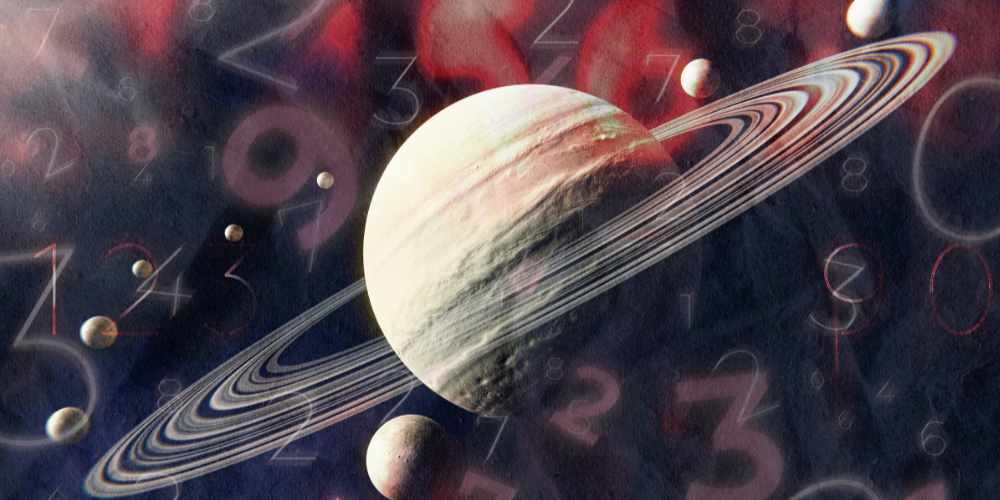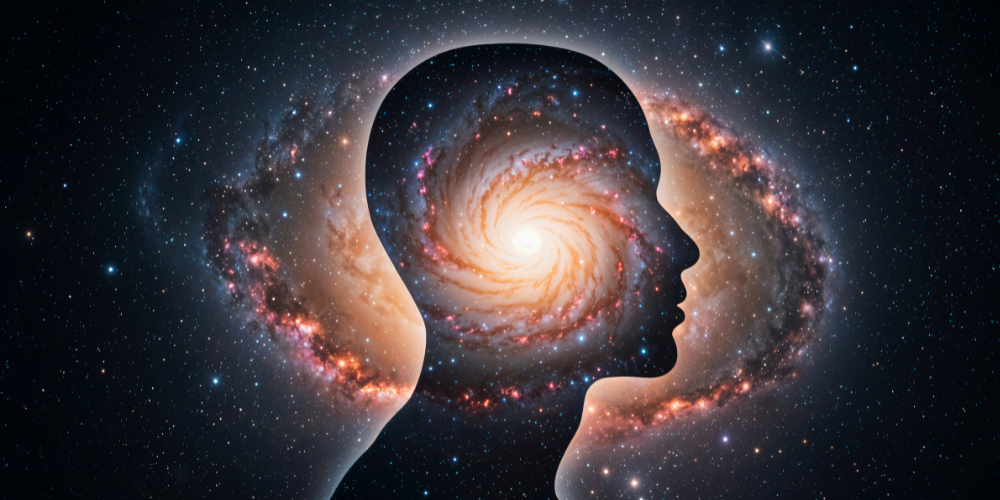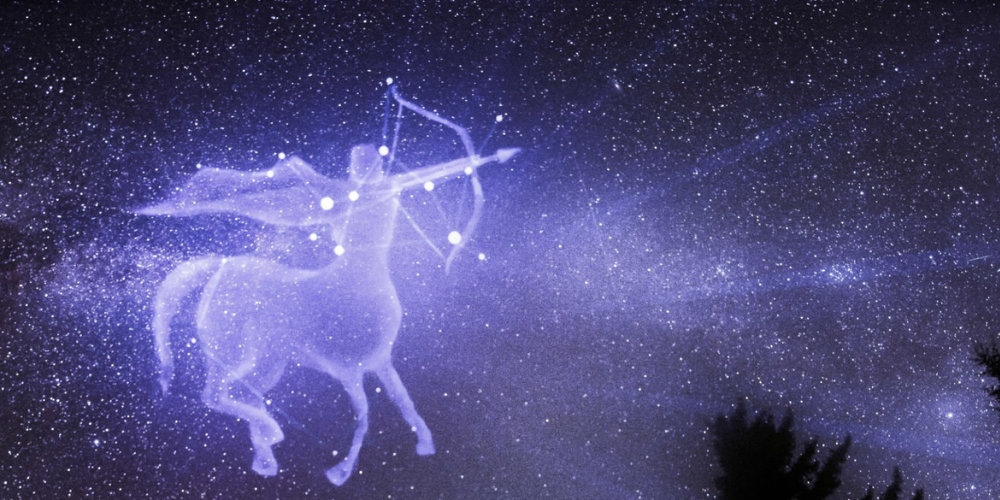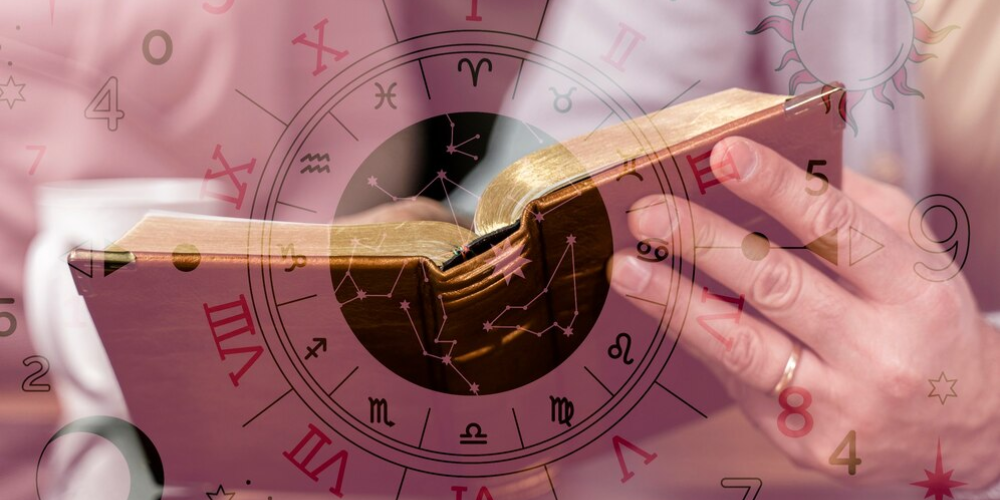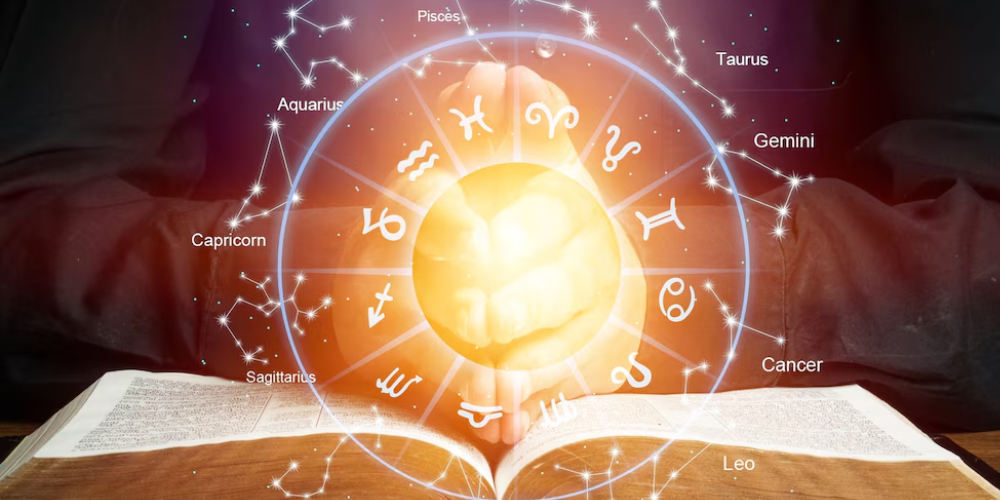Jupiter, the largest planet in our solar system, is a celestial force of expansion, optimism, and opportunity. In astrology, it governs luck, philosophy, personal growth, and faith, shaping the way individuals perceive life and approach challenges. This planet encourages exploration, inspires positivity, and amplifies personal potential. Understanding Jupiter’s influence in a birth chart provides a window into where abundance and guidance flow naturally. What Jupiter Represents in Astrology Jupiter embodies ideals, aspirations, and the quest for meaning. It highlights areas where faith, hope, and philosophy can shape experiences, guiding individuals toward personal growth. Its energy magnifies positivity, humor, curiosity, and light-hearted self-discovery. However, Jupiter’s influence also carries the potential for overconfidence, impractical optimism, or neglect of...
Time doesn’t always pass at the same pace. Under certain conditions, people experience what psychologists call “time expansion experiences” (TEEs)—moments when seconds feel like minutes. These instances are reported during emergencies, intense concentration, meditation, and even some sporting events. Recent research suggests that the perception of time is far more flexible than commonly assumed, and understanding this phenomenon sheds light on the extraordinary capabilities of the human mind. What Are Time Expansion Experiences? Time expansion experiences occur when the brain slows its perception of events, making moments feel extended. Psychologist Steve Taylor of Leeds Beckett University has spent over a decade investigating these experiences. His research indicates that TEEs are not limited to life-threatening situations. While...
The mind sometimes delivers experiences that feel uncanny—an intuition that something will occur, or a sudden certainty before events unfold. These flashes raise a possibility: perhaps what we call gut instinct is actually more. Evidence points to the idea that awareness may extend beyond linear time, offering fragments of the future. Today, neuroscience is probing these mysteries with rigor. Precognition, long relegated to folklore or chance, is being tested in lab settings. The research suggests consciousness could draw on information from events that have yet to happen, blurring the line between memory and foresight. Such findings challenge the conventional picture of time as a straight path. The Science Behind Precognition Precognition is considered a form of...
Unpredictability is life’s constant companion, and when the world feels especially unsettled—fractured politics, tense social climates, global challenges—it can spark questions about where meaning is rooted. That search often leads not to a grand, all-consuming mission, but to the daily decisions that nurture connection and purpose. Purpose isn’t about arriving at one perfect role or destination—it’s about living in a way that fuels clarity and energy, even when tomorrow is unclear. Small, intentional choices can recast uncertainty as an opening to feel grounded and more fully present. 1. Notice Purpose in Everyday Moments Purpose often grows from simple, daily actions rather than a single life-defining goal. Showing kindness to a neighbor, tending to a garden, volunteering...
"The Truman Show" isn’t just a standout '90s drama—it's a razor-sharp commentary on surveillance culture, media obsession, and the cost of living under constant scrutiny. Directed by Peter Weir and starring Jim Carrey in a rare dramatic role, the film tells a story that still hits hard today, especially in an age where personal privacy feels more optional than protected. Released in 1998, "The Truman Show" foresaw a world not unlike ours—where real life gets filtered through a lens for public consumption, and entertainment blurs the line between genuine and artificial. A World Built on Illusion Truman Burbank lives in the pristine town of Seahaven, a place that looks picture-perfect but is anything but real. From...
What does it really mean to live the good life? For decades, mental health research has zeroed in on what goes wrong—studying disorders, diagnoses, and treatments. But for Luke Kalb (PhD ’17, MHS ’08), an associate professor of Mental Health at the Bloomberg School of Public Health, there’s more to the story. His research pushes beyond managing illness and explores what helps people flourish. Instead of only asking how to fix mental distress, he’s asking what builds a life worth living for the majority of people who aren’t in crisis. Kalb's work focuses on an often-overlooked area of public health: positive mental well-being. “Roughly 20% of Americans will experience a psychiatric disorder in their lifetime,” he...
How Astronomy Emerged: Facts About The History Of Astronomy
- Humans have always resorted to Astrology in one way or another. Historically, people in Ancient China looked at sunspots or eclipses as a sign of upcoming good or bad times for their kings.
- Around the mid of the second millennium, the Babylonians looked at spots on the livers of animals to interpret future events. They also adopted the idea of looking at stars and planets and track their movement as a means of future prediction.
- The famous Venus tablet, which tracks the position of the planet Venus, was one of the first devices used by the Babylonians to study the planets, called the ‘planetary omens.’
- Egyptians were the first to recognize patterns of stars in the sky. They observed the position of the stars and were the first to group them into constellations.

dimitrisvetsikas1969 / Pixabay. Astrology developed significantly after Alexander the Great reached Egypt.
- The idea of studying the stars even enticed the very scientific and mathematical minds of the Greeks when Alexander the Great conquered Egypt. This was also a period when the scientific and mathematical side of Astrology developed significantly.
- The Greeks devised their own rules of Astrology and utilized their scientific prowess to formulate it into a logical science. They also came up with the Zodiac signs we know of today.

0fjd125gk87/Pixabay. After Sir Isaac Newton’s contributions, a clear difference between astrology and astronomy emerged.
- It was Sir Isaac Newton who mathematized the planets’ motion and deduced that gravity ruled everything, and this is when a clear difference between astrology and astronomy emerged, where astronomy was considered a pure science.
- The popularity of Astronomy lies not in being a pure science, but it is heavily reliant on the fact that there is a certain charm in predicting life events based on the positions of stars and planets.

ThoughtCatalog/Pixabay. Astrology has made a comeback with the millennials.
- The popularity of Astronomy has expanded several-fold in the last few years. According to a National Science Foundation survey from 2014, more than half of the millennials consider astrology a science.
- The need for humans to predict future events is a very primal need. Since the beginning of time, humans have used nature to collect signs in order to interpret events according to their beliefs.
They looked at the waxing and the waning of the moon, the setting of the sun, the changing positions of the stars, and the leftover leaves in their teacups to predict what they wished to be true for themselves and to get a sign from the universe. This act is called ‘self-selection,’ a search for meaning and a means of confirming that what we want is actually true.



